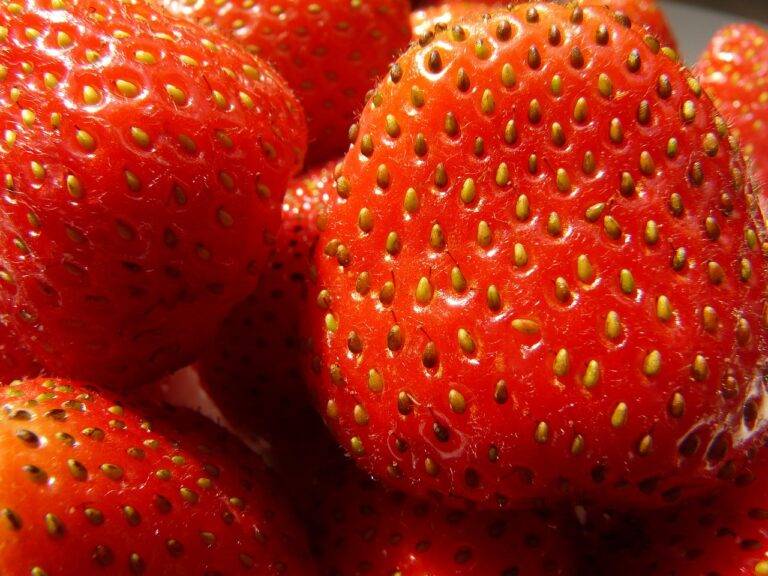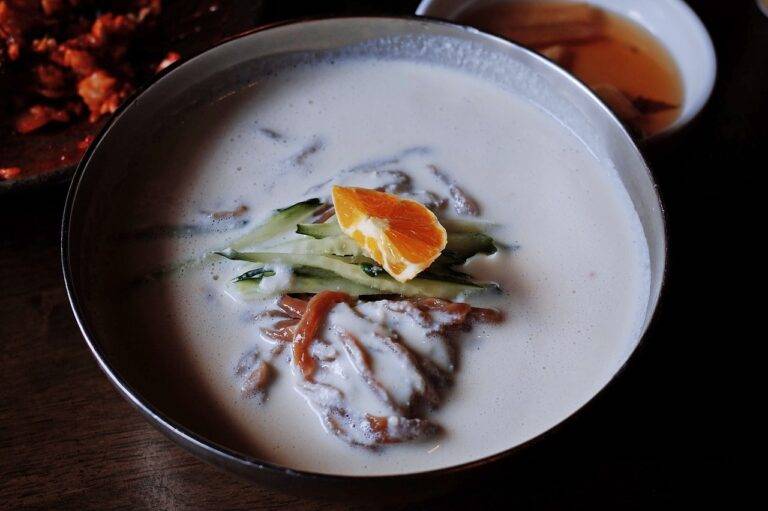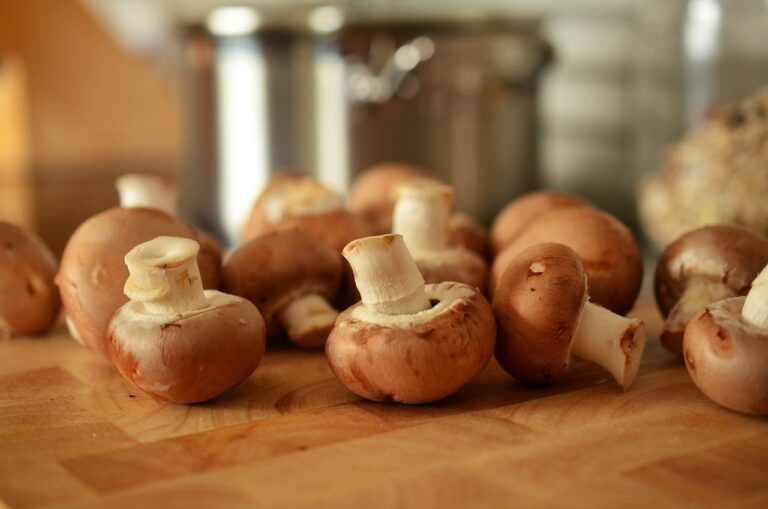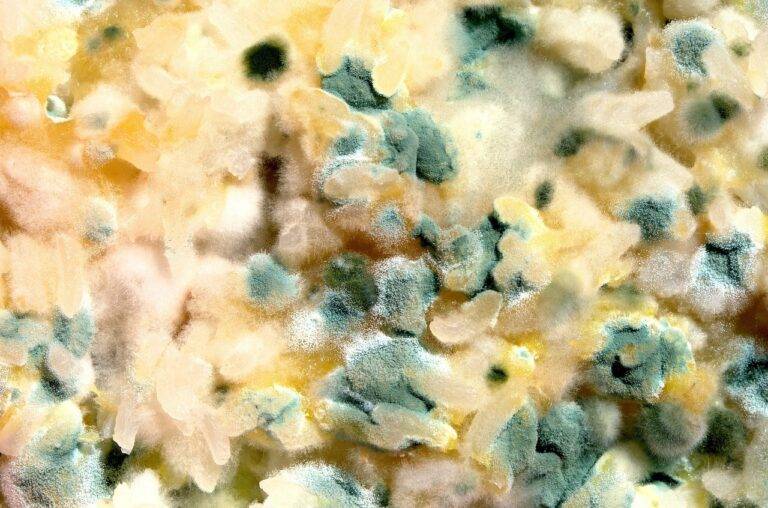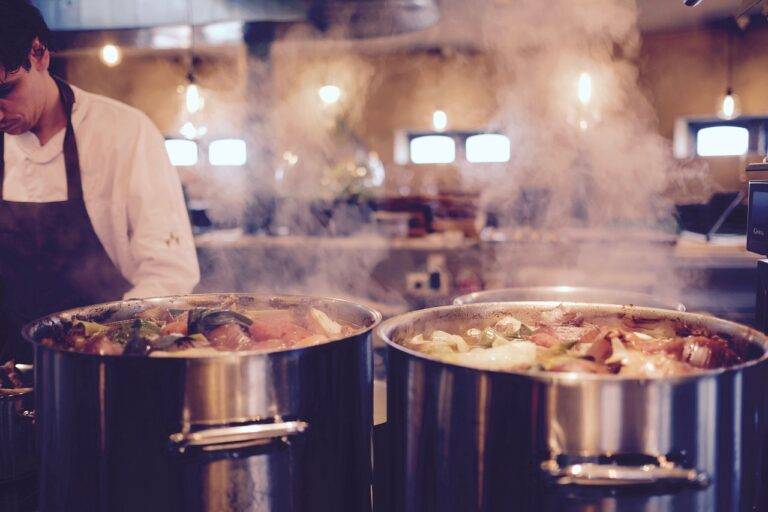Honey Production and Sustainable Tourism: Allpaanel exchange, Lotus365, Laserbook247 id
allpaanel exchange, lotus365, laserbook247 id: Honey production and sustainable tourism go hand in hand, creating a beautiful synergy that benefits both the environment and local communities. In recent years, there has been a growing interest in sustainable tourism practices, as people become more aware of the impact that their travel choices have on the planet. And one way to support sustainable tourism is through honey production.
Honey production is not only a traditional practice in many communities around the world, but it also has the potential to generate income and create employment opportunities for local residents. By promoting honey production as part of sustainable tourism initiatives, we can help preserve natural habitats, protect biodiversity, and support the livelihoods of beekeepers and their families.
In this article, we will explore the benefits of honey production for sustainable tourism and discuss some of the ways in which it can be integrated into travel experiences. We will also address common questions and concerns related to honey production and its impact on the environment.
The Benefits of Honey Production for Sustainable Tourism
1. Promotes Conservation of Natural Habitats: Honey production encourages the preservation of natural landscapes, as bees rely on diverse and healthy ecosystems to thrive. By supporting beekeeping activities, tourists can contribute to the conservation of forests, meadows, and other habitats that provide essential resources for bees.
2. Supports Biodiversity: Bees play a crucial role in pollinating plants and crops, thereby promoting biodiversity and food security. By promoting honey production, we can help protect a wide range of plant species and ensure the survival of pollinators that are vital for the health of ecosystems.
3. Creates Economic Opportunities: Honey production can provide a source of income for local communities, especially in rural areas where traditional livelihoods may be under threat. By offering guided tours, workshops, and other experiences related to beekeeping, tourism operators can help generate revenue for beekeepers and their families.
4. Educates Visitors: Sustainable tourism initiatives that include honey production can raise awareness about the importance of bees and the challenges they face due to factors such as habitat loss, diseases, and pesticides. By educating visitors about beekeeping practices and bee-friendly gardening techniques, we can empower them to take action to protect pollinators in their own communities.
5. Fosters Cultural Exchange: Beekeeping is a time-honored tradition in many cultures, and by including honey production in sustainable tourism activities, we can promote cultural exchange and appreciation for local customs and knowledge. Tourists can learn about the history of beekeeping, taste different types of honey, and engage with beekeepers to gain insights into their way of life.
Integrating Honey Production into Sustainable Tourism Experiences
1. Beekeeping Workshops: Offer hands-on workshops where visitors can learn the basics of beekeeping, from hive maintenance to harvesting honey. These workshops can be tailored to different skill levels and interests, providing a fun and educational experience for participants.
2. Honey Tastings: Organize tasting sessions featuring a variety of honey flavors, showcasing the unique characteristics of different floral sources and regions. Visitors can sample honey produced by local beekeepers and learn about the factors that influence its taste and quality.
3. Guided Beekeeping Tours: Arrange guided tours of bee farms and apiaries, where visitors can observe bee colonies up close, witness honey extraction processes, and interact with beekeepers. These tours can provide valuable insights into the daily lives of bees and the challenges faced by beekeepers.
4. Pollinator Garden Visits: Include visits to pollinator-friendly gardens and wildflower meadows in sustainable tourism itineraries, highlighting the importance of planting bee-friendly flowers and creating habitats for pollinators. Visitors can learn about the benefits of pollinator conservation and how they can support bees in their own gardens.
5. Honey-Related Crafts and Products: Showcase local honey products such as beeswax candles, lip balms, and skincare items made with honey and beeswax. Visitors can purchase these products as souvenirs or gifts, supporting local artisans and beekeepers in the process.
6. Community Engagement: Encourage interactions between tourists and local communities through joint honey production projects and volunteering opportunities. By participating in beekeeping activities alongside residents, visitors can forge meaningful connections and contribute to sustainable development initiatives in the area.
Frequently Asked Questions about Honey Production and Sustainable Tourism
Q: How does honey production benefit the environment?
A: Honey production supports the conservation of natural habitats, promotes biodiversity, and helps protect pollinators such as bees. By integrating honey production into sustainable tourism practices, we can raise awareness about the importance of preserving ecosystems and fostering a harmonious relationship between humans and nature.
Q: Are there any negative impacts of honey production on the environment?
A: While honey production can have positive environmental impacts, it is important to consider factors such as pesticide use, habitat degradation, and bee health when engaging in beekeeping activities. By adopting sustainable practices and supporting organic beekeeping methods, we can minimize potential harms and maximize the benefits of honey production for the environment.
Q: How can tourists support honey production and bee conservation efforts?
A: Tourists can support honey production and bee conservation efforts by choosing to visit destinations that promote sustainable tourism practices, such as bee-friendly hotels, eco-friendly tours, and organic food options. By participating in beekeeping workshops, honey tastings, and other activities related to honey production, visitors can contribute to the well-being of bees and the environment.
Q: What role do bees play in sustainable agriculture and food security?
A: Bees are essential pollinators that play a vital role in sustainable agriculture and food security by facilitating the reproduction of crops and wild plants. Without bees, many fruits, vegetables, and other crops would not be able to produce seeds or fruits, leading to decreased biodiversity and decreased food production. Supporting bee conservation efforts is key to ensuring a healthy and resilient food system for future generations.
Q: How can I get involved in honey production and sustainable tourism initiatives?
A: There are many ways to get involved in honey production and sustainable tourism initiatives, whether you are a tourist, a beekeeper, or a community member. You can support local beekeepers by purchasing their honey products, volunteering at bee farms, or advocating for bee-friendly policies in your area. By spreading awareness about the benefits of honey production and sustainable tourism, you can help protect bees and promote a more sustainable future for all.
In conclusion, honey production and sustainable tourism offer a wealth of opportunities to support environmental conservation, promote cultural exchange, and create economic benefits for local communities. By integrating honey production into travel experiences and raising awareness about the importance of bees, we can help build a more sustainable and bee-friendly world for generations to come. Let’s buzz with excitement and embark on a sweet journey that benefits bees, nature, and people alike!


